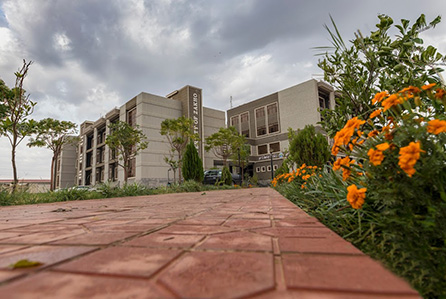
Policy on Measuring the Success of Interdisciplinary Research Papers
1. Purpose The purpose of this policy is to establish criteria and metrics for assessing the success of interdisciplinary research papers within the institution. The policy aims to encourage and recognize high-quality research that integrates multiple disciplines to address complex problems.
2. Scope This policy applies to all interdisciplinary research papers produced by faculty, researchers, and students affiliated with the institution.
3. Criteria for Measuring Success The success of interdisciplinary research papers shall be evaluated based on the following criteria:
3.1. Citation Impact
3.2. Journal and Conference Recognition
3.3. Research Funding and Grants
3.4. Collaboration Across Disciplines
3.5. Societal and Practical Impact
3.6. Media and Public Engagement
4. Evaluation and Reporting
5. Annual Interdisciplinary Research Competition To further encourage interdisciplinary research, the institution will host a yearly competition for the best interdisciplinary research papers.
5.1. Competition Objectives
5.2. Eligibility
5.3. Award Categories
5.4. Submission and Evaluation
5.5. Awards and Recognition
6. Incentives and Recognition
7. Review and Updates
